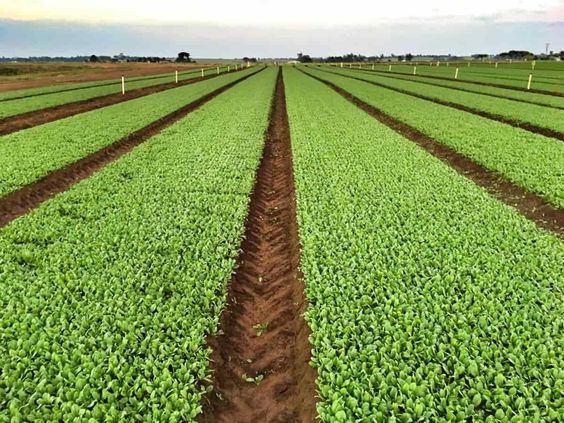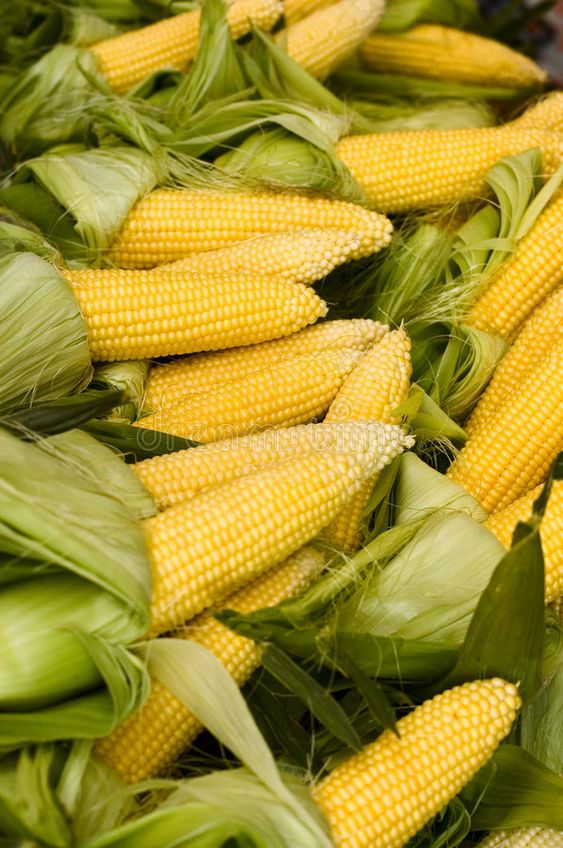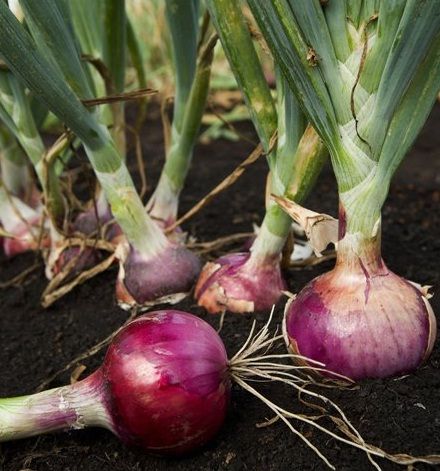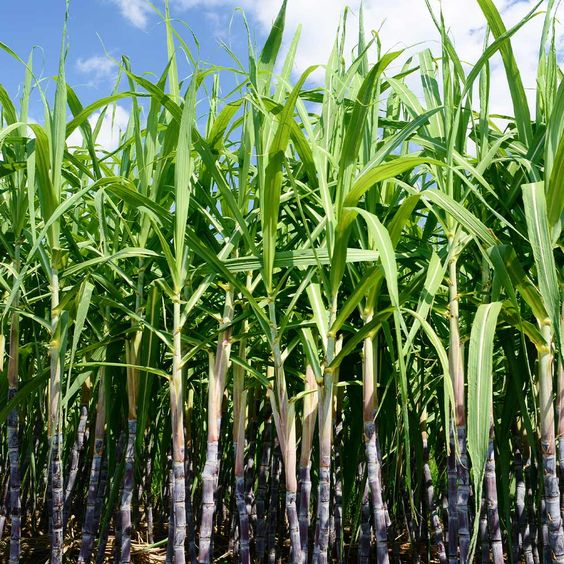Securing the Future of Farming: A Look at Agricultural Security Systems in the Age of Smart Agriculture
Agricultural Security Systems sector is undergoing a significant transformation, driven by the integration of technology and data into every aspect of farm operations. This evolution, known as Smart Agriculture, promises increased efficiency, productivity, and sustainability. However, alongside these advancements comes the need for robust security measures to protect valuable assets, data, and infrastructure. This article explores the growing importance of agricultural security systems in the era of Smart Agriculture.
Contents
The Rise of Smart Agriculture and its Security Vulnerabilities
Smart Agriculture encompasses a wide range of technologies, including precision agriculture, Internet of Things (IoT) sensors, automation, and big data analytics. These tools allow farmers to collect real-time data on soil conditions, crop health, weather patterns, and livestock well-being. This data is then used to optimize resource utilization, improve decision-making, and ultimately, enhance farm yields.
While Smart Agriculture offers undeniable benefits, it also introduces new security vulnerabilities. Here’s a closer look at some potential risks:
- Cybersecurity threats: IoT devices and data collection systems can be vulnerable to hacking, malware, and other cyberattacks. Malicious actors could gain access to sensitive data, manipulate sensor readings, or disrupt critical farm operations.
- Physical security concerns: Smart Agriculture often involves deploying expensive equipment and infrastructure in remote locations. This equipment can be susceptible to theft, vandalism, or sabotage.
- Data privacy issues: The vast amounts of data collected by Smart Agriculture systems raise concerns about data privacy and security. Farmers need to ensure that their data is stored securely and used ethically.
Securing the Farm: A Multi-Layered Approach Agricultural Security Systems
To address these security challenges, a multi-layered approach is crucial. Here are some key agricultural security systems that can be implemented:
- Physical Security Measures:
- Fencing and perimeter security systems can deter unauthorized access to farms and equipment.
- Motion sensors and security cameras provide real-time monitoring of critical areas.
- Access control systems restrict entry to authorized personnel only.
- Cybersecurity Solutions:
- Implementing strong passwords and encryption protocols safeguards sensitive data.
- Regularly updating software and firmware patches vulnerabilities in connected devices.
- Employing firewalls and intrusion detection systems to monitor network activity.
- Data Security Protocols:
- Establishing clear data privacy policies outlining data collection, storage, and usage practices.
- Choosing reputable data management platforms with robust security measures in place.
- Educating farm personnel on cybersecurity best practices to prevent accidental data breaches.
Emerging Technologies for Enhanced Security
The world of agricultural security is constantly evolving, with new technologies emerging to address evolving threats. Here are some exciting developments:
- Drone-based surveillance: Drones equipped with high-resolution cameras can provide aerial views of farms, allowing farmers to monitor large areas efficiently.
- Ground-penetrating radar: This technology can detect unauthorized activity underground, such as attempts to tamper with irrigation systems or buried cables.
- Biometric access control: Fingerprint or facial recognition systems can provide a more secure method of restricting access to sensitive areas.
- Artificial intelligence (AI)-powered security: AI can analyze data from security cameras and sensors to detect unusual activity and potential threats.
The Future of Agricultural Security Systems
As Smart Agriculture continues to expand, agricultural security systems will play an increasingly critical role. By adopting a comprehensive security strategy that combines physical, cyber, and data security measures, farmers can safeguard their valuable assets, protect sensitive data, and ensure the smooth operation of their farms. By embracing new technologies and staying informed about evolving threats, the agricultural sector can build a more secure and sustainable future.
Conclusion Agricultural Security Systems
Agricultural security systems are no longer an afterthought; they are an essential component of a successful Smart Agriculture strategy. By integrating robust security measures into their operations, farmers can reap the full benefits of technological advancements while protecting their farms from potential threats. As the agricultural sector continues to embrace innovation, the future of agricultural security looks promising, with a focus on advanced technologies and a commitment to safeguarding the future of food production.




